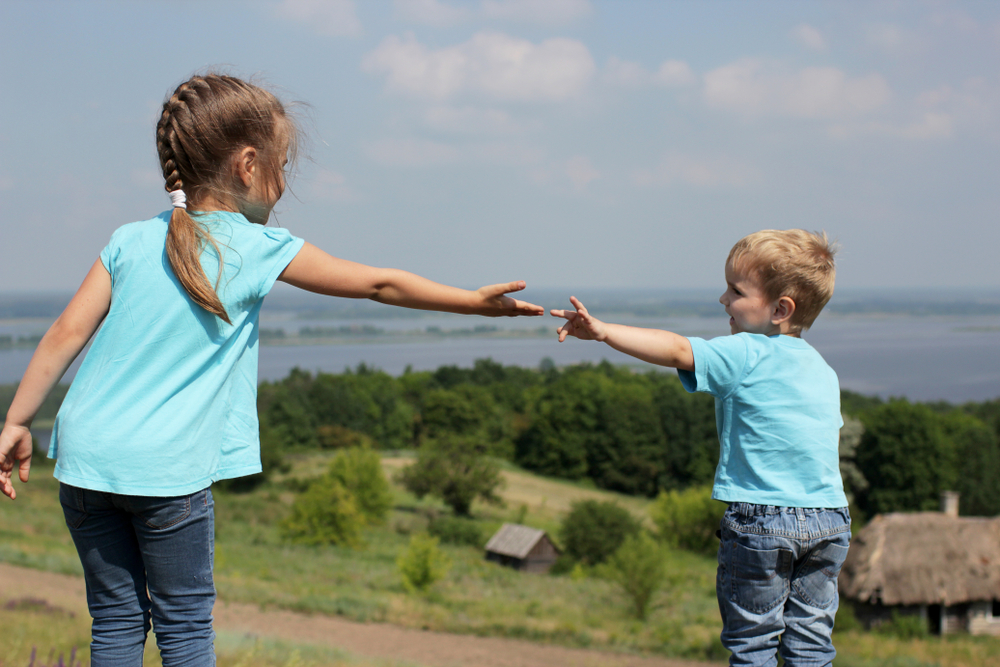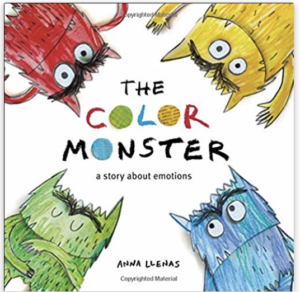Do you wonder if your grandchild will have the social skills to navigate their world? Would you like to see them become more empathetic and caring? Here’s a tutorial in empathy for kids, and practical ways you can help them develop this life skill.
Most kids can do with a little coaching and nudging to grow into empathetic children, teens, and adults.
It’s worth helping them find their way because empathy is an important life skill that will influence the quality of our grandchildren’s relationships at home, with friends, and at work.
Let’s look into how empathy develops, steps to showing empathy, and how we can help our grandkids learn empathy.
How to Help your Grandchildren have Empathy
What is empathy?
Dr. Henry Cloud describes empathy as “the ability to feel with someone”.
“When we empathize, we put ourselves in another person’s experience. Empathy is the ability to identify with someone, and most experts would include its companion ability of being able to communicate that in some way to the other person as well. Empathy leaves them with the feeling of being deeply understood, and that you are ‘with’ them.”
Here’s a video of a toddler empathizing with a lost cartoon penguin.
How does the ability to show empathy develop?
Experts tell us that empathy grows unevenly as kids grow, and unfortunately its development can be hindered or interrupted.
Kids learn affective empathy first. It’s the ability to feel what others feel.
Cognitive empathy develops in the early teen years and it is the ability to put themselves in another’s shoes. As boys are growing in their cognitive empathy, they may lose the affective empathy they had as children.
Boys without empathy skills grow into men who lack emotional closeness in their marriages, who struggle with their rebellious teenagers, and who have problems with discontent employees.
All of these problems can be treated with increased empathy. With empathy spouses feel close, children feel heard, and employees feel respected.
We want this kind of empathetic life for our grandchildren!
7 Steps to Empathy
Ken Sande has developed an acrostic called 7 Steps to Empathy to show us how to practice being more empathetic.
- Enlist all of your faculties
- Move in physically, verbally, and emotionally
- Pray for discernment
- Ask caring questions
- Think deliberately
- Help in meaningful ways
- Yield your convenience, pride, and resources
Get a broader explanation of these steps, and see two video clips that illustrate empathy on his website, Relational Wisdom.

How can we help our grandkids learn empathy?
We can help our grandkids become empathetic people in a few simple ways.
1.Express empathy when you are around them.
Be empathetic as you talk with them and with others in the family. Model what empathetic listening looks like.
Listen to them with your full attention and compassion and reflect back what you hear them saying. Help them as they work through their challenge, expressing your support and confidence.
Ken Sande’s Empathy acrostic helps us practice full-fledged empathy.
2. Point it out to them when they do something empathetic.
We can say things like, “ Wow, I see you being compassionate toward your little sister when she tripped. You know what it feels like to fall down and skin your knee, don’t you? What would make her feel better?”
With older kids, use their interactions with friends to point out when they show empathy to others.
3. Talk about and name their feelings.
We can ask younger children questions like, “how do you think she is feeling?” when we read books or watch movies together.
We have a couple of children books I saved from when my kids were little that I’m reading with the grandkids to teach them about feelings. One is hopelessly 80s-style with mustaches, google-eyed glasses, and pouffy hair, but the grandkids are intently studying the children and haven’t seemed to notice the out-of-style parents.
This book is much better.
The Color Monster by Anna Llenas.
When we see emotions in the news or current events, we can ask older kids what they think the people are feeling.
When kids are able to express what they are feeling and to recognize what others are feeling, they are one step closer to practicing healthy empathy.
To recap how to help your grandchildren have empathy:
- Empathy is the ability to feel with someone.
- Empathy develops unevenly as children grow, and it is an essential life skill to learn.
- 7 Steps to empathy help us see what it looks like.
- 3 ways to foster empathy are to express empathy, observe empathy, and name feelings.
What’s Next?
Learn more from Ken Sande: Raising Empathetic Children.
If we are mindful of our grandkids’ need to develop empathy, we’ll recognize teachable moments when they pop up.
Think about which grandchild might be ready to learn more about empathy, and consider a book or movie or Bible story or current event that will lead to a conversation about empathy.
Pray that your grandkids will learn to be empathetic.
Dear Jesus, will you help my grandchildren grow hearts that care about other people. Help them learn to understand their feelings and emotions and to feel compassion for others. Help them learn what to say and do to show empathy for their family and friends. Please show me how I can help them learn empathy. Amen.
This post contains an affiliate link.



